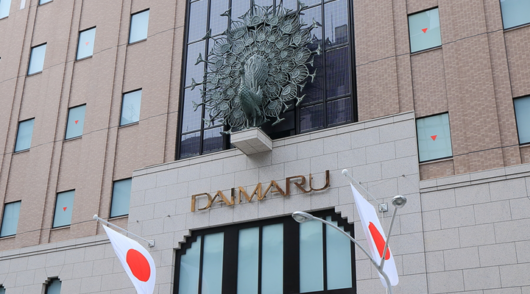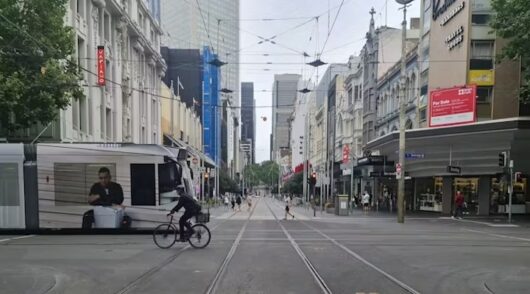 If he wanted it, the latest dive in consumer confidence could have given Tony Abbott cause to spend millions on an ad campaign spruiking his government’s much maligned budget.
If he wanted it, the latest dive in consumer confidence could have given Tony Abbott cause to spend millions on an ad campaign spruiking his government’s much maligned budget.
The ANZ Roy Morgan consumer confidence index has fallen to its lowest level since May 2009 when the Rudd government opened up the purse strings to fend off the impact of the global financial crisis.
Confidence has now slumped 15 per cent since various controversial budget policies were first leaked five weeks ago.
ANZ’s head of Australian economics Justin Fabo says while budget policies are likely to have a modest drag on consumer spending, a sustained hit to confidence could prove more damaging.
Opposition leader Bill Shorten says Australians are “white hot angry”, making it clear it was the wrong budget for Australia, the economy and the community.
Finance minister Mathias Cormann thinks it’s all a misunderstanding, especially by those people who feel hard done by the tough measures in the budget.
He hinted the government would embark on an information campaign, but not a “major advertising” one as some sections of the media reported on Tuesday.
Rather information would be provided “in the most efficient, cost effective and well targeted way possible”.
Shorten was not convinced, using parliament’s question time to quiz Abbott about why the government was considering a taxpayer funded campaign at the same it was slashing $80 billion from health and education funding to the states.
The prime minister dismissed both propositions as falsehoods.
Another survey shows that consumer financial stress is at its highest level in at least four years and is set to worsen.
Credit information provider Dun & Bradstreet expects financial stress to trend higher as households face slow wages growth, high debt levels and feel budget pain.
The potential impact on spending comes at a critical time for an economy that continues to expand below its long term potential.
Data this week is expected to show a further decline in construction work and capital expenditure as a result of a fading resources investment boom.
The figures will feed into the national accounts for the March quarter, due for release next week.
There is however one bright spot. The Housing Industry Association expects building starts to hit 180,000 in 2014, an 8.2 per cent on last year.
The highest number of new dwellings started in one year stands at 187,000. That was 1994.
It fell to just 141,500 in 2009 during the GFC.
AAP





